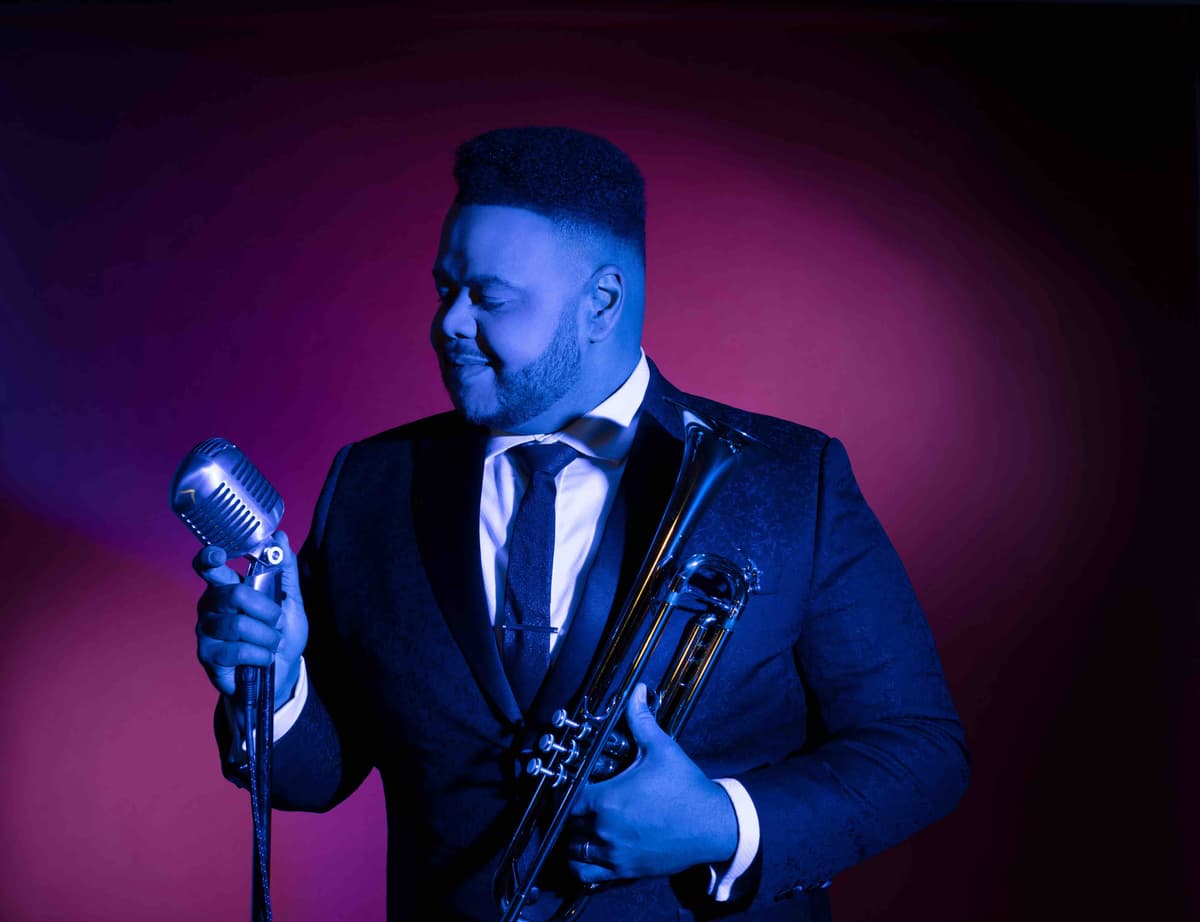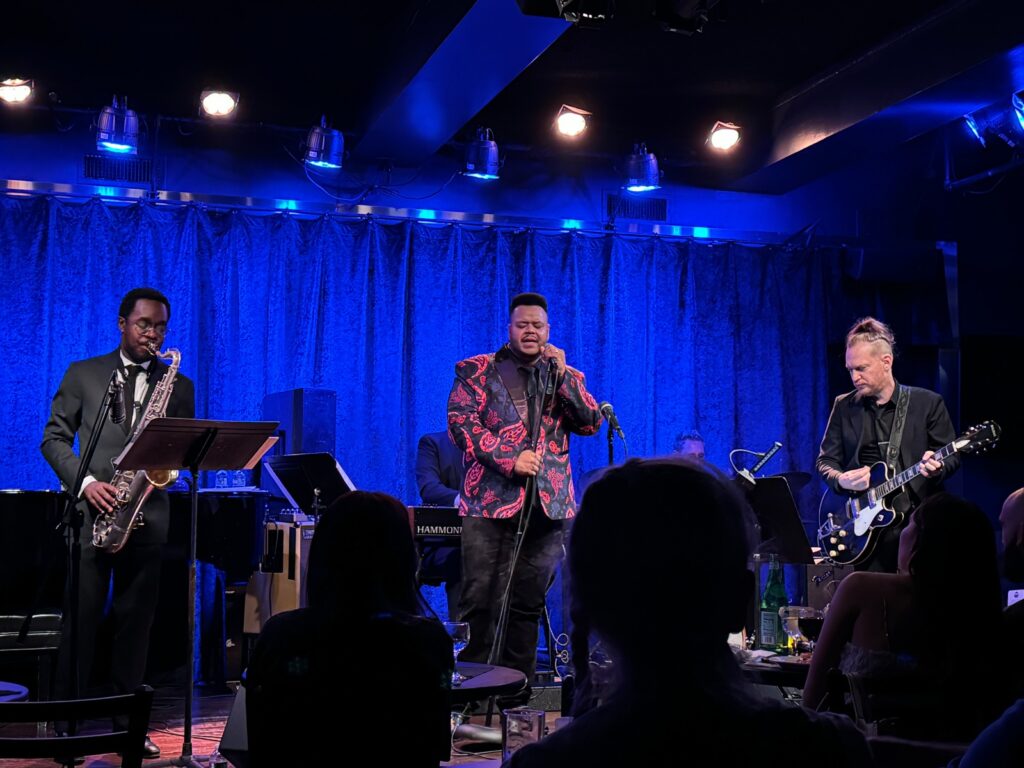Known as Michael Bublé’s Longtime Partner, Jumaane Smith Charts His Own Course With ‘Come On Home’
The Seattle-born, Juilliard-educated musician’s album is a delight. The only reservation is that no studio album could truly capture his ensemble’s amazing energy in live performance.

Jumaane Smith
‘Come On Home’
Zinn Music
It was the late Tony Bennett who observed that Louis Prima and Jimmy Durante had one important thing in common in addition to both being Italian-Americans who were colossal entertainers as well as superlative musicians. The major point of performance they shared was the notion that when a set of music started, it shouldn’t stop for such mundane matters as song announcements.
Rather, that one tune should proceed directly into the next without a break. As Bennett pointed out, “Jimmy was always yelling, ‘Stop the music! ‘Stop the music!’ But really, the music never stopped.”
One of the major side benefits of going to a concert by pop superstar Michael Bublé over the last 20 years is the opportunity to hear his musical partner, trumpeter Jumanne Smith, who recently has added singing to his resume. Mr. Smith is, roughly, what Sam Butera was to Louis Prima, or Maceo Parker to James Brown: a combination musical director and frequent co-star. As he jokes, “I knew from the beginning everyone was coming to see me and not him.”
Working on his own, Mr. Smith has released a new album, “Come On Home,” which he launched last month at the Birdland Theater. The Seattle-born, Juilliard-educated musician doesn’t frame his show as a tribute to Prima much less Durante, though he did include a song associated with both of them, as well as the great Louis Armstrong, in “When You’re Smiling.”

If there is a Prima influence on him, it’s a very astute one: He seems to have listened carefully not so much to the better-known Prima-Keely Smith Las Vegas-based combination of the mid-’50s, but to the more blues/rock-inflected ensemble Prima was leading 20 years later. At the end of his life, Prima’s group featured a rockish guitar, electronic keyboards, and occasionally Butera on the electrified varitone tenor saxophone. In a very real sense, Mr. Smith might be said to be extending Prima’s musical journey.
The album is a delight, and my only reservation is that no studio album could truly capture the amazing energy Mr. Smith and his ensemble put forth in live performance. At Birdland, the music was as brash and extroverted as the leader’s black-and-red amoeba jacket, as he happily leaped from one standard to another.
First, he established his “Right to Sing the Blues,” and then he swung into “You’re nobody till somebody loves you.” From there, he went into a comedy blues, “I Got News for You” — Woody Herman by way of Ray Charles — and continued the Brother Ray theme with “Georgia on My Mind” as a trumpet-centric instrumental.
Mr. Smith’s ensemble — with saxophonist Ian Hendrickson-Smith on the album and the excellent Chris Lewis at Birdland, guitarist Dave Rosenthal, drummer Carmen Intorre Jr., and Will Gorman playing the organ in a way that also encompasses the role of the bass player — was remarkable in its unstoppable energy on stage. “Come On Home” features more of Mr. Smith’s original compositions, including the title number, a slow soul-ballad, and “I’m Gone,” which is essentially a variation on Mel Torme’s R&B hit, “Comin’ Home Baby,” though that 1962 number is about coming home and Mr. Smith’s lyrics are about leaving it.
The album also includes two very famous blues numbers, “St. James Infirmary,” a traditional folk-blues that has surged in popularity among younger musicians in recent years, and Willie Dixon’s 1960 “Wang Dang Doodle,” which he plays as an instrumental, thereby leaving the meaning of the title up for grabs, with a graceful single-note-style solo by Mr. Rosenthal. At Birdland, his delivery of “St. James” was even slower and more mournful, with the crowd responding in the true spirit of a deep-south juke joint.
In one of his few talking breaks, Mr. Smith described the bandstand as “his happy place,” and then went on to more than prove his point. About halfway through, he announced that the next number would be “an original”; he then went on to launch into “What a Wonderful World,” and informed us, “I didn’t say it was my original.”
More than anyone else I’ve heard recently, a set by Jumaane Smith and his band is truly a revel without a pause.

